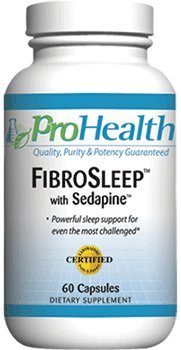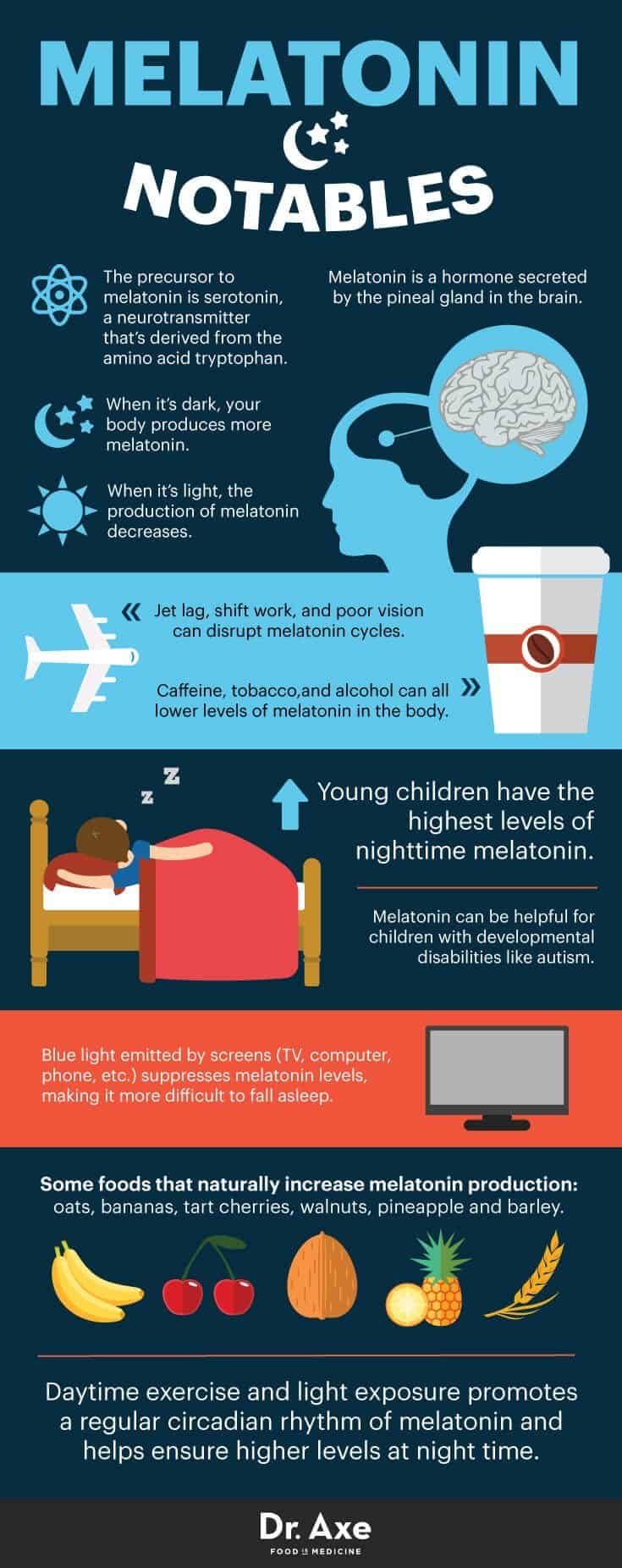7 Sleeping Tips For Your Ultimate Rest and Restoration
There’s probably nothing more important to your health than restful, restorative sleep. If yours is not long enough, deep enough, consistent enough, you need to consider these 7 sleeping tips. They will do your body good.
The Mayo Clinic offers the following 7 sleeping tips for getting a restful night’s sleep, which, of course, I’ve embellished.
Identify everything you do or don’t do that can interfere with a good night’s sleep — from work stress and family responsibilities to unexpected challenges, such as illnesses.
While you might not be able to control the all factors that interfere with your sleep, it’s certainly within your power to adopt the following 7 sleeping tips to be able to benefit from the restorative and healing power of sleep.
1. Stick to a sleep schedule
Set aside no more than eight hours for sleep, given that most people don’t need more than this. The recommended amount of sleep for a healthy adult is at least seven hours.
Go to bed and get up at the same time every day. Try to limit the difference in your sleep schedule on weeknights and weekends to no more than one hour. Being consistent reinforces your body’s sleep-wake cycle.
If you don’t fall asleep within about 20 minutes, leave your bedroom and do something relaxing. Read or listen to soothing music. Go back to bed when you’re tired. Repeat as needed.
2. Pay attention to what you eat and drink
Don’t go to bed hungry or full. Avoid heavy or large meals within a couple of hours of bedtime. If you do wind up eating a meal two or less hours prior to sleep, take a digestive enzyme with your meal.
Take into account that the stimulating effects of nicotine and caffeine take hours to dissipate and substantially degrade the quality sleep. Alcohol might make you feel sleepy, but can disrupt sleep later in the night.
3. Create a restful environment
Make your bedroom ideal for sleeping; cool, dark and quiet. often works best. Rather than trying to make my room completely dark by twiddling with shades and blinds, I simply wear an eye mask.
If noise is troublesome, try to use a sound-making device that’s soothing to you and can mask disruptive sounds.
Avoid the use of light-emitting screens within an hour of bedtime, which produce sleep-challenging blue light. if you can’t manage that, wear blue light blocking glasses.
4. Limit daytime naps
Long daytime naps can interfere with nighttime sleep. If you choose to nap, limit yourself to up to 30 minutes and avoid doing so late in the day.
If you work nights, however, you might need to nap late in the day before work to help make up your sleep debt.
5. Include physical activity in your daily routine
Regular physical activity can promote better sleep. Avoid being active too close to bedtime, unless it promotes tranquillity, such as restorative yoga postures.
Spending time outside every day might be helpful, too.
6. Manage your worries
Try to resolve your worries or concerns before bedtime. Jot down what’s on your mind and then set it aside for tomorrow.
Stress management might help. Start with the basics, such as getting organized, setting priorities and delegating tasks. Meditation also can ease anxiety.
7. Use sleep-inducing supplements
The marketplace offers a dazzling array of supplements to help you sleep. To pierce through the confusion, I suggest you consider one or two potential supplement-based solutions to your sleepless nights:
- Melatonin, and
- A multi-ingredient sleep aid supplement called AminoSleep.
Melatonin is an essential hormone that does much more than promote restful sleep
I want to begin with melatonin, because not only does it induce sleep, but is actually a very important hormone that offers the following benefits that I’ve grabbed from Dr. Josh Axe:
- Natural Sleep Aid
- Potential Treatment for Breast and Prostate Cancer
- Decreases Negative Menopause Symptoms
- Heart Disease Helper
- Fibromyalgia and Chronic Pain Relief
- Immune System Strengthener
- Eases Jet Lag
- Better Outcomes for Autism in Children
- May Ease Tinnitus
- Relieves Bladder Dysfunction
- Helps Relieve Stress
A note on dosage:
FibroSleep, An Effective 4-Way Sleep Support Supplement
FibroSleep was developed by ProHealth’s Founder and my friend, Rich Carson. He had a pretty big incentive to get it right, for he has suffered from Chronic Fatigue Syndrome (ME/CFS) and Fibromylagia (FM) for 30 years, which has dramatically disrupted his sleep.
Luckily, your restless nights are unlikely to be due to the issues that confront Rich; nonetheless, the solution he created with FibroSleep may be perfect for you… read on…
Typically FM, ME/CFS (as well as Lyme Disease) patients are prescribed antidepressants or sleeping medications to help them sleep better. These medications may help you fall asleep faster and sleep longer, but often do little to improve the important deeper stages of sleep that your body needs to restore and replenish itself.
FibroSleep takes a different approach to pharmaceuticals — it’s a powerful blend of pure, natural ingredients that have been used for thousands of years to support deep, restorative sleep.
As described by ProHealth’s Editor-in-Chief, Karen Lee Richards, FibroSleep works in four important and synergistic ways:
1. Herbal Sleep Support – FibroSleep contains Sedapine™, a proprietary blend of herbs that have been used for thousands of years to provide effective support for sleep, relaxation, and general health. The Sedapine blend contains:
- Ziziphus Spinosa – the most prescribed medicinal herb for sleep and relaxation support in China and throughout Asia.
- Corydalis – historically employed in traditional Chinese and Native American medicine to support relaxation and stress reduction.
- Valerian – the most researched sleep-supporting herb in the world. No herb has proven to be more effective in clinical trials for providing effective support for improved sleep. One review identified 12 studies showing that valerian by itself or in combination with hops was associated with improvements in sleep latency (the time it takes to transition from full wakefulness to sleep) and quality of sleep.(6)
- Passion Flower – provides support for stress, anxiety, and sleep. It is also has calming and restorative properties.
2. Digestive Support – Calming and supporting the digestive tract is an important first step in attaining restful, restorative sleep. FibroSleep promotes deep sleep and digestive healing by addressing antioxidant and natural anti-inflammatory needs.
- Lemon Balm – used to promote comfort, relaxation, and calm the digestive and nervous systems. It provides synergistic sleep support when combined with Valerian.
- Ginger – a calming anti-inflammatory and digestive aid used to settle the stomach and promote peristalsis. It offers over 150 times the protein digesting power of papaya and contains at least 22 known anti-inflammatories and 12 antioxidants.
- Peppermint – traditionally used as a relaxant, it calms the muscles of the stomach, helps reduce excessive gas production, improves the flow of bile used in fat digestion, and promotes proper elimination.
- Hops – acts directly on the central nervous system to support the relaxation of smooth muscle tissue, improve central nervous system activity, and calm and soothe digestion.
3. Muscle and Nerve Support – Supporting muscle and nerve health is important for proper sleep. FibroSleep contains two highly bioavailable forms of magnesium to help balance nerve transmission and muscle fiber contraction, along with the calming amino acid, taurine.
- ZMA™ – a great source of extremely bioavailable magnesium and zinc that supports sleep and healing by aiding in the transport of oxygen to nerve and muscle cells. Magnesium is the number one mineral deficiency in the United States, and zinc is the most important mineral for immune system function.
- Magnesium Taurinate – a bioavailable yet gentle source of magnesium combined with the nervous-system-calming amino acid L-taurine.
4. Amino Acid Support – Amino acids are the building blocks of life and are critically important for nerve cell health as well as neurotransmitter and hormone production and balance.
- GABA – the main calming amino acid in the central nervous system, this naturally produced substance helps to induce relaxation and sleep. It is also known for supporting healthy pituitary function as well as for its calming effect on over-stimulated neurons.
- Melatonin – a natural hormone produced by the body that helps regulate other hormones and maintains the body’s circadian rhythm. It supports the body’s own production of the tranquilizing neurotransmitter serotonin, which plays a key role in healthy sleep patterns and mood. Recommended by more and more doctors as a safe and natural sleep enhancer, melatonin has become the most popular sleep-support compound in the natural food industry.
- 5-HTP – used by the body to make serotonin. Several small clinical trials have found it may provide significant support for fibromyalgia, sleep, mood, and migraines.
- L-Theanine – a calming amino acid found in green tea that can increase levels of GABA (gamma-aminobutyric acid). Studies suggest it may reduce feelings of mental and physical stress and may produce feelings of relaxation. It is also thought to enhance immune function and boost levels of glutathione. L-Theanine increases the brain’s alpha wave activity, which is associated with deep relaxation.

Save 20% Off FibroSleep!
Your Takeaway
You now have 7 sleeping tips at your disposal. I encourage you to try them all, perchance one by one, if all seven seem overwhelming.
It’s essential that you get sufficiently deep sleep regularly to let your body do the amazing job it does to both heal and energize your life.
If you feel your sleep is insufficient in any way, try the seven tactics outlined above. Think about which of your night time habits may be detrimental to sleeping soundly throughout the night, and swiftly act to boot them out of your life.
Finally, even if sleep comes to you easily, consider supplementing with melatonin, as described above given that it can improve the quality of your life in numerous ways.
Last Updated on July 7, 2023 by Joe Garma





